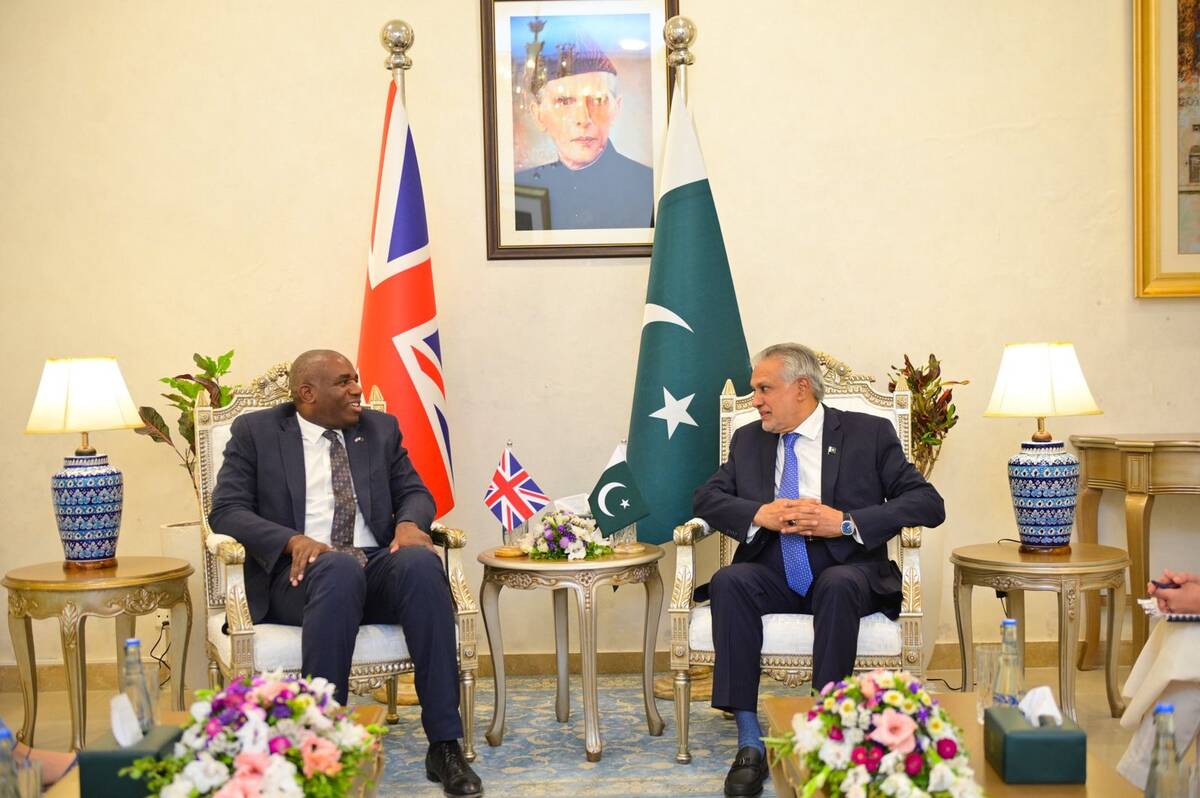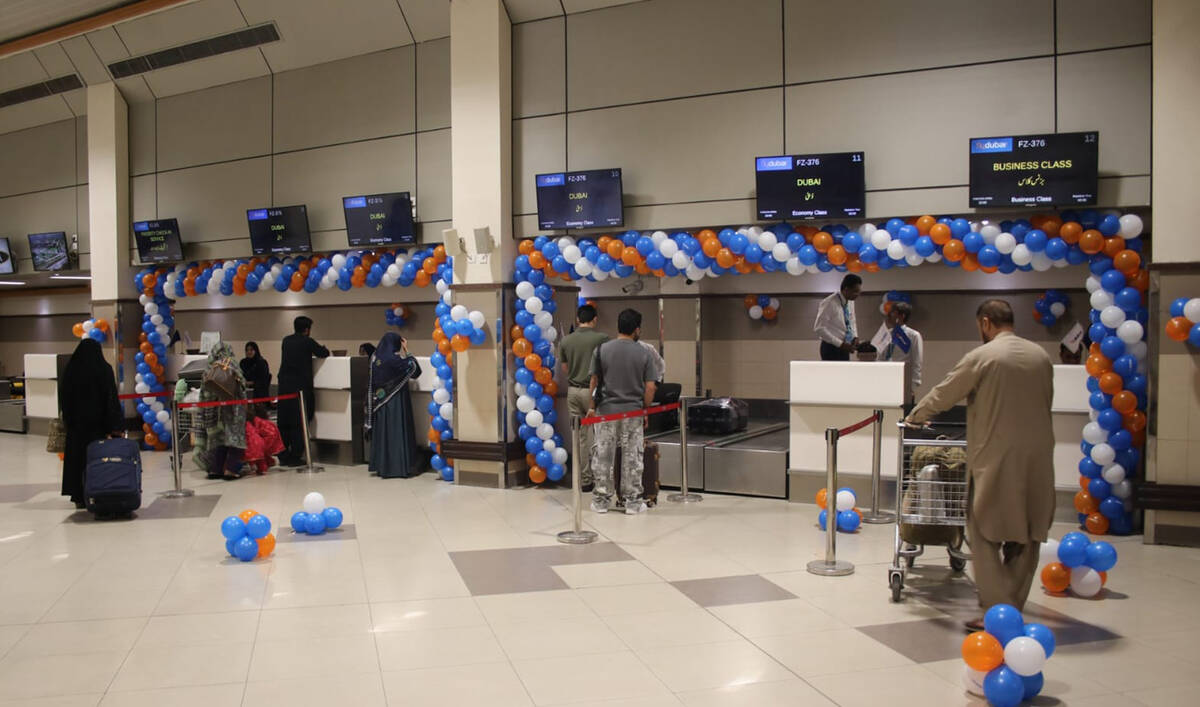KARACHI: A delegation of Pakistani chain store owners and representatives will likely visit Saudi Arabia by next month to explore opportunities to set up shop in the kingdom, an official at the Trade Development Authority of Pakistan (TDAP) said on Monday.
A virtual meeting was held last week between officials of TDAP, the trade ministry at the Pakistan embassy in Riyadh and the Chain Store Association of Pakistan to explore opportunities in Saudi Arabia.
Another meeting will be held within two weeks, Zulfiqar Ali Langah, a deputy director at the TDAP, told Arab News.
“After that the delegation will visit, expectedly by next month,” he added.
Azhar Ali Dahar, the minister for trade and investment at the Pakistan embassy in Riyadh, said there was “huge potential” for Pakistani chain stores in Saudi Arabia.
“Pakistani chain stores can give tough competition to around eight Indian chain stores,” he added.
“The participants [of last week’s meeting] were informed about the existing huge potential for the chain store business and legal requirements for entering the Saudi market,” Dahar said. “They were informed that they will have no tough competition because there are no European or western competitors and this is big opportunity for Pakistan.”
Pakistani products have struggled to find a place at major super markets around the world and other regional competitors have dominated the Saudi market despite long-term diplomatic and economic relationship between the countries.
“At present procurements are being made by Indians,” Daher said. “There is no shelf life for Pakistani goods.”
He added: “The vacuum in the Saudi market needs to be filled by Pakistani companies. Pakistan’s chain stores should see it as an opportunity to fill this vacuum through joint ventures and individual investments.”
Possible locations for Pakistani chain stores could be Jeddah and Damam, the minister said, since they were home to a large number of Pakistani expats.
Pakistani chain store representatives say they are actively pursuing opportunities and seeking more information about the Saudi market.
“There is definitely a huge potential in the Saudi market but the actual challenges is how to set up stores,” said Asfandyar Farrukh, senior vice chairman at the Chainstore Association of Pakistan. “We have sought further information and after that a delegation will visit the kingdom to check the ground realities and possible location for setting facilities.”
Farrukh said it would take at least nine months from the time of entering the Saudi market to setting up stores.


















